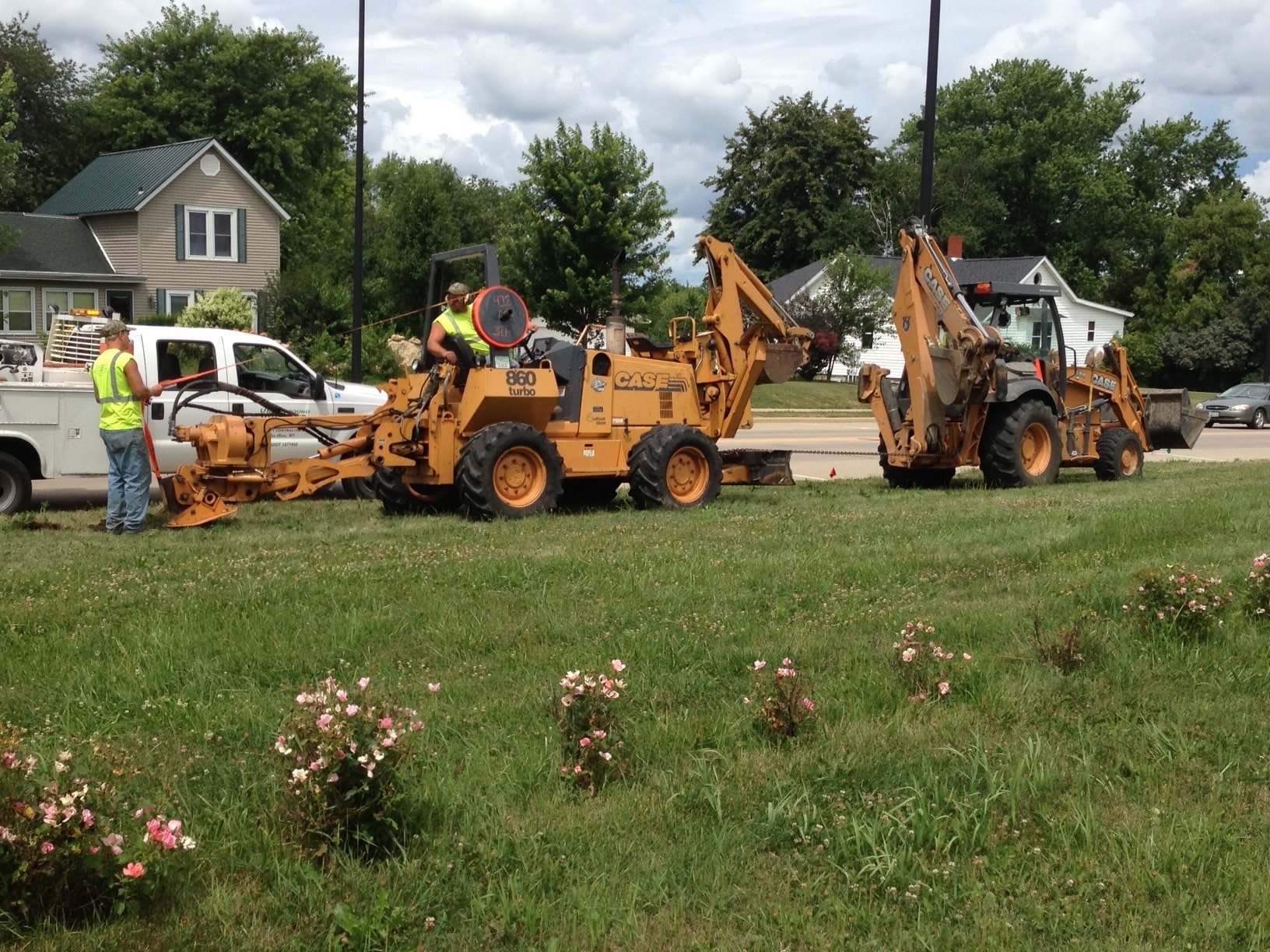NOC employees write a specific Standard Operating Procedure for each customer that clearly defines steps to be taken in the event of a network failure. A NOC can troubleshoot network elements at an escalated level if needed through our Network Administration Teams.

Network Operations Center
What is a Network Operations Center?
A Network Operations Center (NOC) is a location from which IT professionals monitor, manage and maintain client networks. It is often used by organizations to ensure their network remains up and running while also handling any customer inquiries thus saving their IT staff time. The NOC resolves outages quickly and proactively monitors client networks 24/7.

NOC Services from WIN includes:
- Tier 1, 2, 3, & 4 support staff
- Network monitoring
- Network maintenance notification process
- Notification support
- Incident management
- Help Desk support
- Customer project requests
- Service transition planning and support
- Post-outage after action review
- Outage resolution
- Process management and development
- Runbook development and implementation(SOPs)
- Data collection and organization for analytics including:
- Ticket
- Phone
- Time
FAQs
Frequently Asked Questions
Direct Network connectivity, IPsec or VPN tunnels are used to connect to client networks. Remote servers can also be deployed to collect monitoring data and report back NOC systems through a secure channel.
Polling, the preferred type, uses the Simple Network Management Protocol (SNMP) to collect information about the various devices on your network, such as cable modems, routers, switches, servers, workstations, printers and other equipment. The polling process poses questions to each piece of equipment being managed—in effect, “asking” each piece of equipment for an answer to a question. SNMP is then used to collect and organize the “answers” provided for the questions. In SNMP trap monitoring, on the other hand, the equipment sends information to a trap collector according to settings configured by the network management team. The trap collector filters the information in greater detail, based on additional parameters specified by the team. These parameters determine whether an alarm will be generated.
The two types we use are called “polling” and “trap monitoring.” The choice depends on what the network infrastructure (equipment) can support.
Developing issues can be resolved before they affect your users. Proactive device monitoring also ensures that all devices are functioning properly.
RELATED Resources

Working With Us
What to expect from a strategic partnership with WIN Technology

Understanding Fit
Our process is collaborative from the start. As we discuss your expectations, we communicate openly, and we keep the promises we make.

Understanding Needs
Through our discovery process, we seek to build an accurate understanding of your needs so that a sound and mutually understandable promise can be made.

Right-Sizing the Effort
The elements of your proposal are refined as your needs become clear. This ensures alignment on the anticipated value of what we commit to deliver to you.

Proving Competency
As we engage in the project, we monitor and discuss status, performance, changes and improvements through our established delivery and communication practices.

Partnering for the Future
Throughout our partnership, as we keep the promises we have made to you, we enrich the value of services with a continuous focus on practical next steps.



